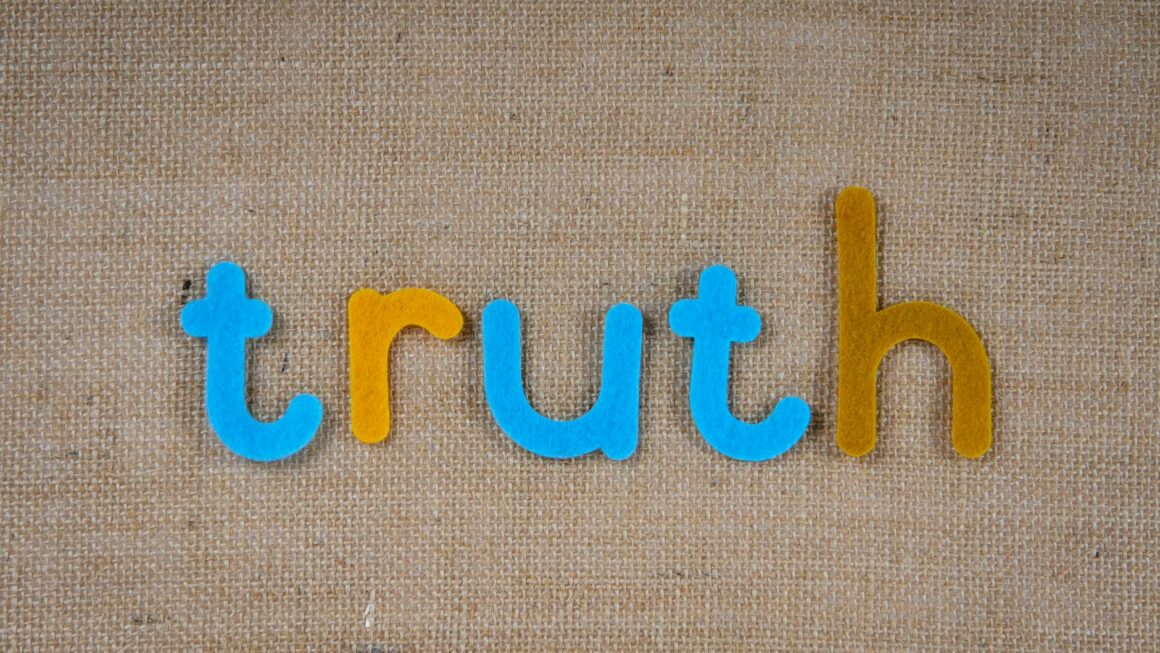“You know my method. It is founded on the observation of trifles.” – Sherlock Holmes in “The Boscombe Valley Mystery”
Sherlock Holmes is the greatest detective of all time, full stop. I shouldn’t have to argue the genius of Arthur Conan Doyle’s most famous character. It’s probably not much of a surprise for as much as I find myself quoting Holmes that I tend to analyze every day trivialities with the same sort of attention to detail in my own work. After all, even the tiniest clue, no matter how seemingly insignificant, is still a clue. And, when you’re in the business of tracking criminals, even the most clever perpetrator is likely to miss something to give them away.
There have been many times in my life where I intentionally acted completely oblivious or pretended to not be paying attention to what someone was saying. In reality, I noticed everything around me and actually heard every word that was said. Of course, there are other times when I completely will shut down the entire world around me and choose to be alone with my own thoughts. I have a strange knack, much like Holmes, of knowing when something is relevant, and when it’s not.
That’s not to say I’m anywhere near Sherlock Holmes level in making deductions, but it’s true that I’ve come to some seemingly premature conclusions throughout my life that eventually turned out to be shockingly correct. My mistake was often turning others onto the fact that I was onto something, whereas Holmes, correctly and wisely, would keep most everything to himself until the case was practically solved.
Holmes repeats the sentiment of this quote on multiple occasions, such as in “The Man with the Twisted Lip” adventure where he says, “It is of course, a trifle, but there is nothing so important as trifles.” There’s also another quote, often tied to Arthur Conan Doyle himself, “I am an omnivorous reader with a strangely retentive memory for trifles.” In fact, Doyle himself was quite the active reader, and there’s little doubt that just like Holmes, he filed away trifles to become the basis of not only Holmes adventures, but his other writings, too.
Whereas Holmes makes lots of mental notes, I’ve found that it’s much better for me to take copious written notes. Only recently did I create a good system of retaining notes in a useful and organized form. My notes are boiled down to what’s been happening today, what I’m reading, and what videos I’m watching. Every thought I have can fit into one of those three buckets. Many of these thoughts, at face value, are “trifles” as Holmes would call them.
So, why are “trifles” which literally means things that have little value or influence as useful as they are to Holmes? Why do I feel there is nothing more important than trifles? Well, in the course of Holmes adventures, the trifles usually are what get Holmes on the right track and tie together loose ends. If you’ve ever watched true crime shows like The FBI Files and Forensic Files, though, the same Holmesian methodology is used by actual criminologists and forensic scientists to solve cases that would’ve been impossible if not for the tiniest seemingly unimportant thing.
Of course, I’m far from the first to connect Holmes to forensic science; after all, Conan Doyle himself was a major influence on the emerging discipline in his time. But, only after reading through the excellent DK Big Ideas Book on Holmes did I fully come to appreciate the true meaning of trifles. These things Holmes calls trifles are, in fact, not really trifles at all, but things that the vast majority of people would overlook.
Many times someone will make an odd word choice or do some sort of behavior that seems inconsistent in my own life. Mostly, no one will thing anything of these inconsistencies; but, I know better that they are signs of them being up to something. Every time, it turns out they were doing something underhanded. That’s because I understand the importance of things that most people would pass off as a fluke or unimportant. It turns out that trifles, in a Holmesian sense, truly are much more important than they would first appear.
While the idea I’m about to tie in here comes far after Arthur Conan Doyle’s own time, it would not surprise me if Sherlock Holmes himself agreed with Martin Luther King, Jr. that “the arc of the moral universe is long but it bends toward justice.” That is to say, what may appear to be trifles are the universe’s way of leaving behind a clue for those who are astute enough to notice them to ensure that justice is served.
Now, yes, Holmes is not always successful; he actually does fail, which is entirely intentional on the part of Conan Doyle. Unfortunately, Conan Doyle didn’t live up to anywhere close to 1968 when MLK uttered these words. Still, had Conan Doyle been alive to write another Holmes adventure, I guarantee you this quote would’ve found its way, at least in concept, into one of these unwritten tales.
But, it’s my belief that these trifles exist thanks to the universe being aligned towards eventual justice. I don’t know why or how that is, but I’ve always believed this concept to not only be true, but a very fact of existence. Yes, Sherlock Holmes adventures are entirely works of fiction, but it continues to amaze me how trifles solve real life criminal cases today, and even in my own life, my attachment to trifles has pointed out or when some trifle is overlooked by most which leads to a seemingly unexpected outcome that I saw coming, or trifles that give away when certain people can’t be trusted.
Do you believe that the universe ensures justice by leaving behind seemingly trivial clues for those wise enough to notice them to discover? Conan Doyle certainly seemed behind this idea, even if it wasn’t ever explicitly stated by him or anyone in any of his stories. It took nearly 40 years after Conan Doyle’s death for this concept to be uttered in such beautiful words by the Reverend King Junior. Still, I think even in the life and times of Sherlock Holmes, this very idea was on display. Thanks to what others may call trifles, true justice is able to be served, at least if the right people just happen to come along and know where to look for them.
~ Amelia Desertsong



